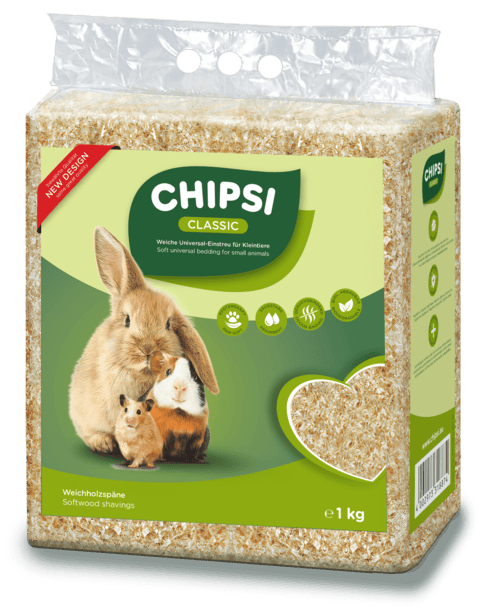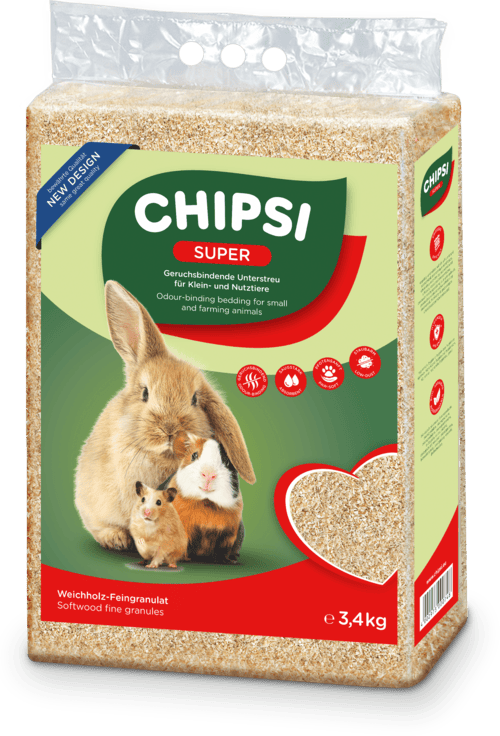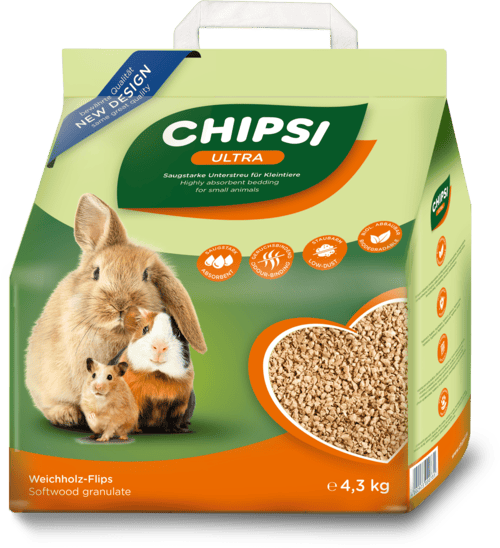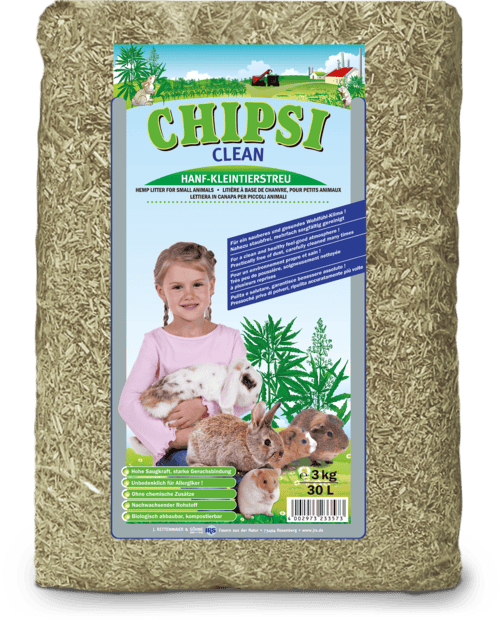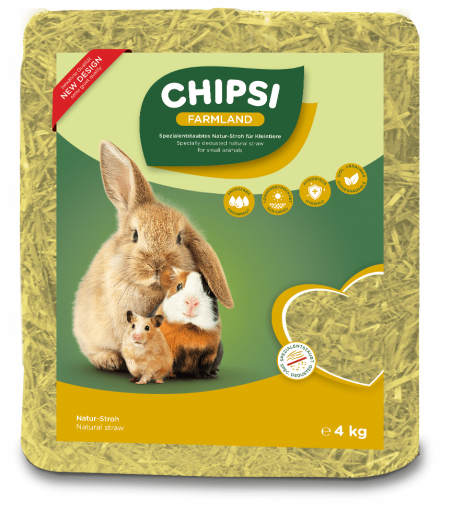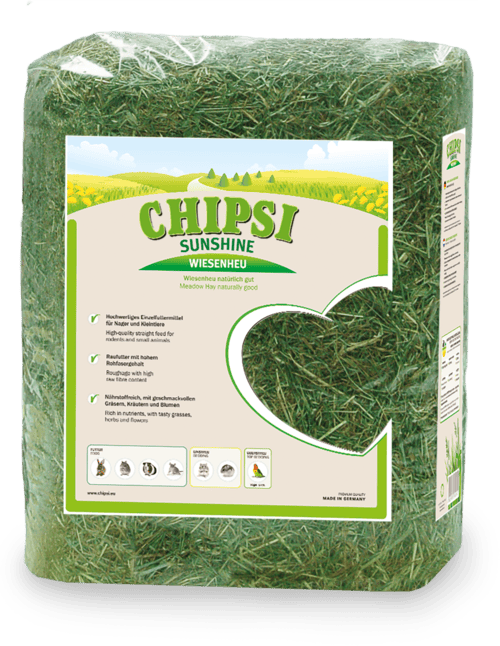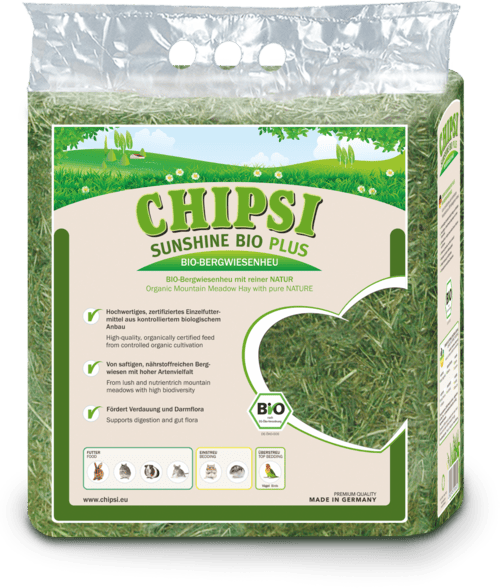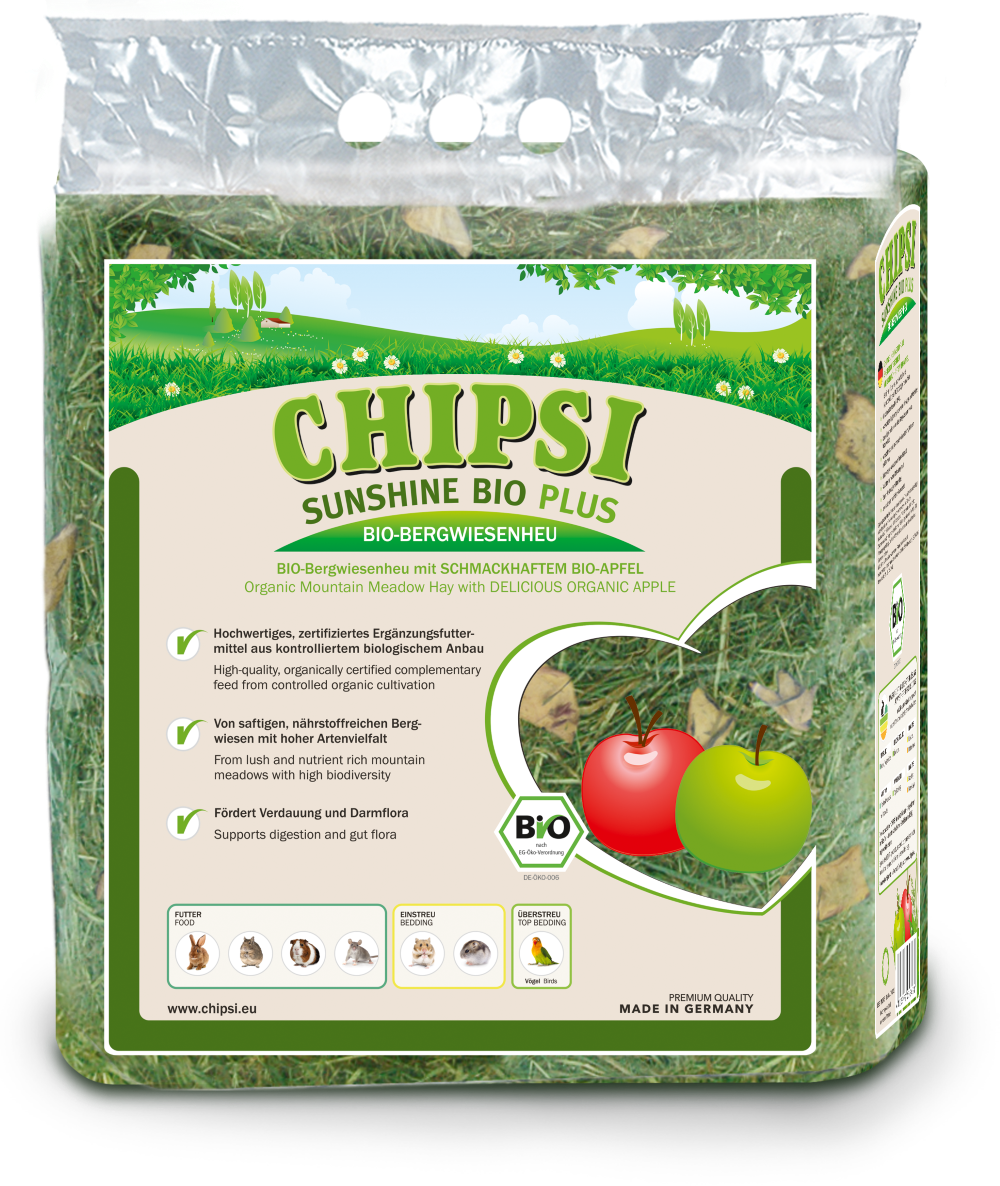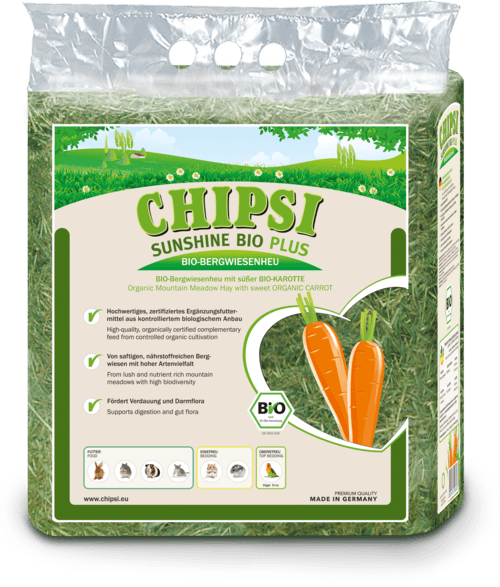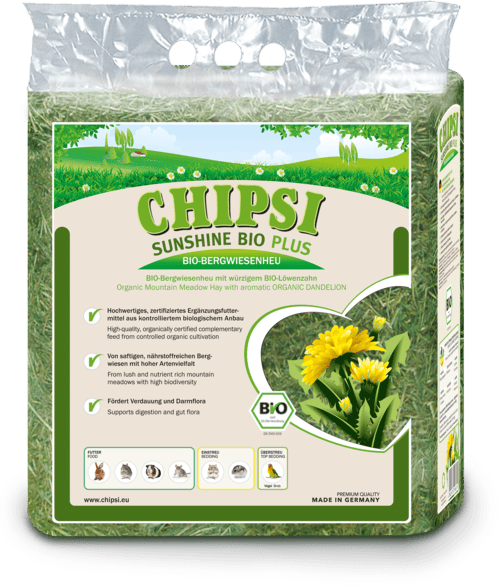Chickens - Busy waders with pronounced social behaviour
Species-Appropriate Keeping – How They Thrive
Social Living
Chickens should always be kept in groups. Solitary keeping is not species-appropriate and can lead to behavioral disorders.
Structured Coop
A minimum of 1 m² of coop space should be available for 4 bantam chickens or 2 standard-breed chickens. More space should be planned accordingly for each additional animal. If no outdoor run is available, the coop space should be enlarged accordingly. One third of the area should be designed as a scratching area.
Outdoor Access and Run
5 chickens require an outdoor run area of approximately 100 m². The run should be varied and offer protection from the weather.
Roosts and Nests
Roosts with a diameter of approximately 5 cm and a length of approx. 1 m per 4 animals are required. A droppings board should be installed underneath. Nesting boxes should be at least 35 cm wide, 35 cm deep, and 40 cm high.
Dust Bath and Shelter
A covered, dry place with suitable material for a dust bath is essential for feather care. The coop should be well-ventilated but draft-free.

cleanliness and hygiene
🧼 Weekly Change
💦 Fresh Water
A clean environment is essential for the health of chickens:
Freshness Every Day
Droppings, soiled litter, and food and water containers must be cleaned daily. This keeps the coop and run hygienic.
Thorough Basic Cleaning
The bedding should be completely replaced at least once a week. More frequent cleaning is advisable with a higher stocking density.
Keep Water Stations Clean
Clean water is crucial. Only well-maintained drinkers ensure the health of the animals and prevent the transmission of diseases.

Nutrition
🥦 Vegetables and fruit
🧂 Grit & minerals
Chickens require a balanced diet consisting of high-quality grain feed for chickens, supplemented with fresh vegetables, fruit, and occasionally animal protein. Grit and mineral stones aid digestion. Fresh water must always be available.
Grains as a Base
High-quality chicken feed forms the basis. It provides energy and ensures a balanced diet.
Fresh Food Supplements
Vegetables, fruit, and occasional animal protein add variety to the diet and provide important nutrients.
Minerals are Essential
Grit and mineral stones aid digestion. Fresh water must always be available.

Activities
👥 Social life
✨ Variety in the outdoor enclosure
These curious birds require diverse enrichment opportunities:
Chickens are very active and curious – they love to scratch, peck, and explore their surroundings. Climbing branches, swings, varied perches, and natural materials encourage movement. Especially exciting: hidden feeding spots and new branches in the run.
Natural Behavior
Chickens love to scratch and peck. A structured run provides them with the opportunity to follow these instincts.
Strong Together
As group animals, chickens require social interaction. Life within the flock strengthens their well-being and solidifies their pecking order.
Provide Stimulation
Climbing branches, swings, hidden feeding spots, and new branches encourage movement. This keeps daily life exciting.
